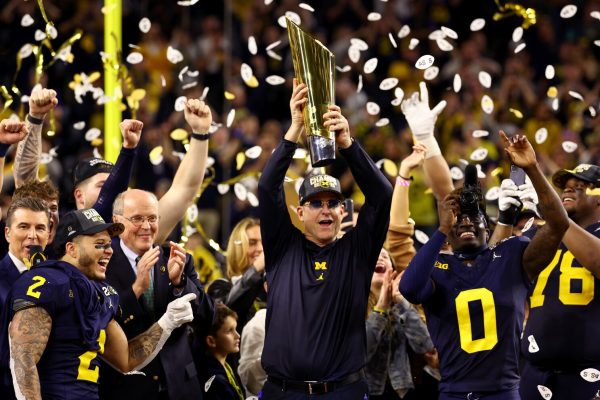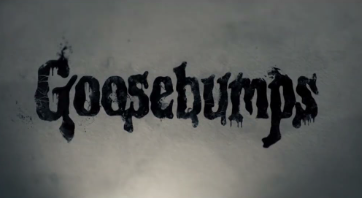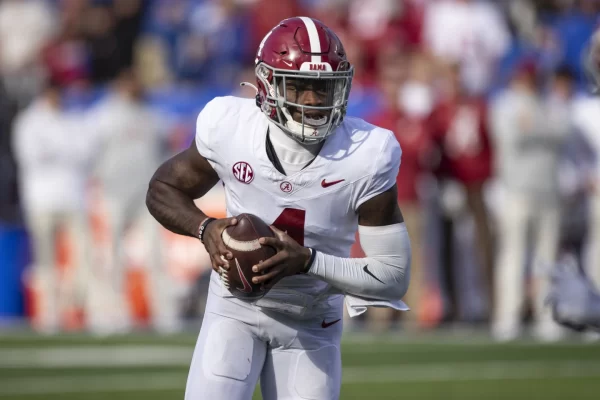Books, Like Movies, Should Have Content Warnings
April 6, 2023
When deciding whether or not to watch a movie or TV show, some people might look at the official rating – G, PG, PG-13, or R – or go to iMDB and look at what kind of content is featured in it. Maybe they don’t want to watch something with a lot of language or anything graphic. I am one of those people.
If there are content ratings and guides for movies and TV shows, I believe that the same should exist for books. There are certain things I don’t want to read about, but it’s sometimes difficult to find what kind of content is in a book.
Reviews don’t always mention any explicit content, and the websites that exist for content guides, like commonsensemedia, usually don’t have a lot of books. This can be pretty frustrating. There’s not an easy way to see what type of content is in a book I might want to read.
I’m not saying that books should have recommended age ratings in the way that movies limit certain ages, but that all the content should be listed for potential readers to make their own decision. It should be up to the reader’s discretion whether or not they want to read that book.
I’m also not talking about “trigger warnings.” If a book includes sensitive content like suicide or rape, there’s usually already a warning. What isn’t often pointed out is the explicit content. In the same way that some people don’t want to read something that might trigger PTSD, others, like myself, might not want to read bad language or graphic sexual scenes.
Some people say that content warnings shouldn’t exist at all because it’s similar to censorship, but nothing is being censored when all you’re doing is informing the reader of the content included. You’re not forcing them to read or not read the book, you’re just helping them make that decision. Similarly, it’s not the same as banning a book. When a book is banned, you’re prevented from reading it. When a content warning is given, you still have the option to read it. The content warning just helps you decide.
Others might argue that providing a content warning is just keeping people in an innocent bubble and not preparing them for real life. They could say that explicit stuff is part of life and you can’t hide away from it. I think this argument is extremely insensitive. Just because something is “part of life” doesn’t mean it’s good or that everyone wants to purposefully expose themselves to that kind of content.
I have a blog where I review books, and I always include a content warning at the end of my reviews. I know that I would appreciate reviewers doing that for my sake, so I do it for others. I also follow someone on Goodreads who gives a content warning at the beginning of all her reviews.
Movies and video games already have content ratings and warnings, so why can’t books have it, too?















